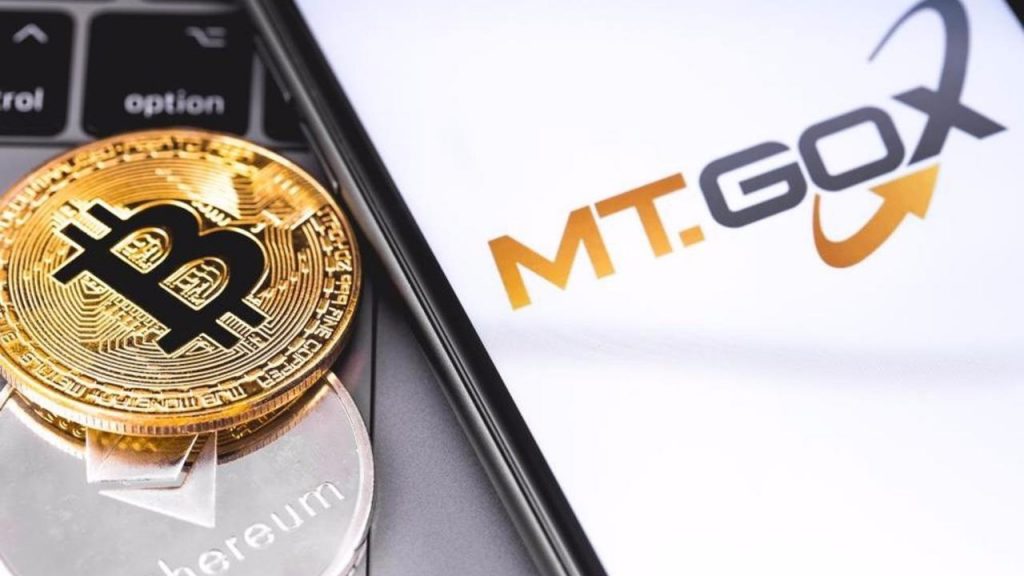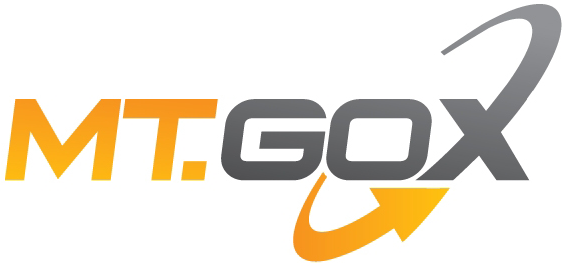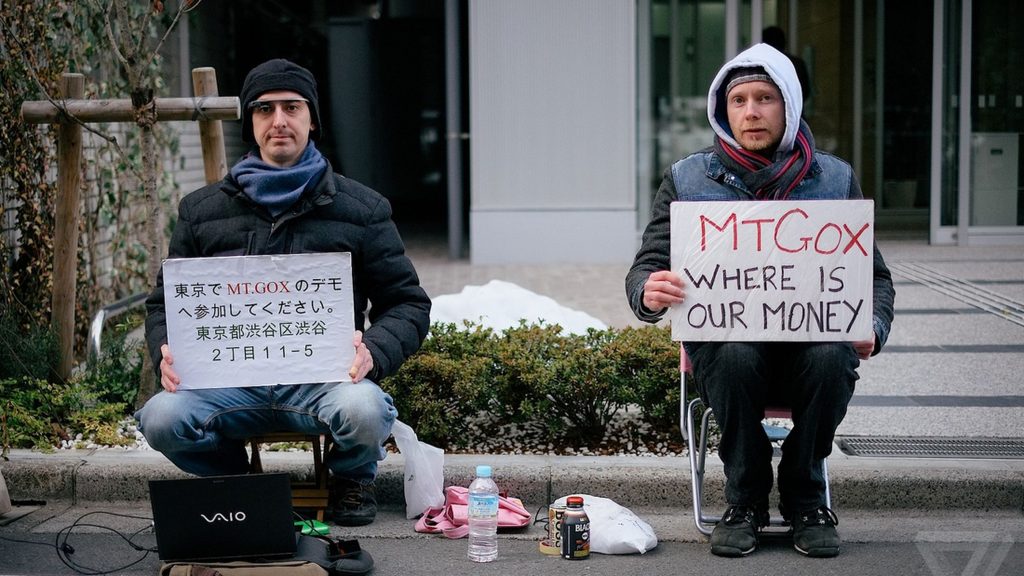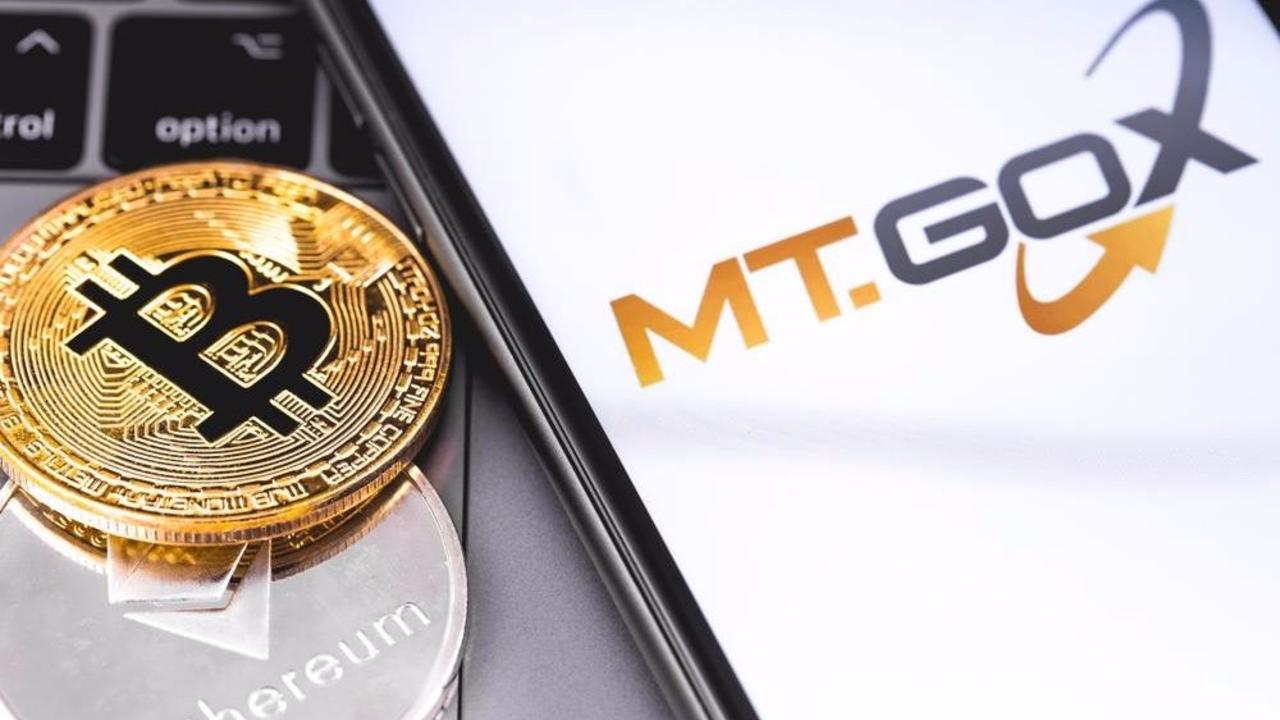
In the early days of cryptocurrencies, the MtGox case was often brought up as a cautionary tale among crypto-enthusiasts. Specifically, MtGox was the biggest Bitcoin exchange to undergo a hack where most funds were stolen. How can you trust Bitcoin if these things may happen? This argument, which is very often used against cryptocurrencies, is somewhat misleading both for non-users and new users. In fact, poor understanding of the MtGox events is often behind the lack of Bitcoin education and generally, of lack of understanding crypto currencies.
The MtGox Scandal
So what was MtGox and what did really happen? At the beginning of 2014, MtGox was the biggest Bitcoin exchange in the world; its dominance was 70%. As such, its dominance was far more than today’s biggest exchanges. It seemed to be destined to become the undisputed giant of this sector. Furthermore, the exchange is Japanese, as many suspect Satoshi Nakamoto (the creator of Bitcoin) might have been. However, in February 2014, MtGox closed its website, suspending trading and all exchange service, and filed for bankruptcy protection from creditors. Following this, it was announced that roughly 850.000 BTC were missing from the exchange.

This came after several attempts to find an investor available to cover the economic damage (about 450 million dollars at that time). Where did the money end up? A technical investigation said that the funds had been stolen in small amounts from MtGox since 2011. MtGox CEO Mark Karpèles (a French citizen living in Japan) was arrested in 2015 but later declared innocent. After 6 years, the liquidation procedure is still open and creditors are still waiting to receive back part of their lost funds. The expected amount is about 15-20% of the deposited sum. We will further explain these details for MtGox creditors’ benefit in a future article.
What Lesson Can We Learn?
So, what is the lesson we can learn from MtGox events? Crypto-skeptics would reply that cryptocurrencies are not reliable. Is it really so? Well, consider the result of a recent survey among MtGox creditors. Even they suffered an economic loss, and until this day, six years later, they have not yet received any reimbursement. 79% of these still declare to be Bitcoin enthusiasts.Another 16% call themselves crypto enthusiast but preferring another cryptocurrency to Bitcoin. Only 5% suggest that MtGox experience made them want to forget about Bitcoin and all cryptocurrencies for good.
Another similar poll broke down the intention among MtGox creditors to sell their outstanding credit to a factoring company. In fact, until now, a whole of five different companies had made an offer to creditors to purchase their MtGox BTC. Although liquidation in BTC has also been offered, only 22% of creditors declared to be available to consider any of these offers. So in all the possible questions MtGox bankruptcy seems to be a really unusual study case if you consider the matter from crypto-skeptical viewpoint.

If you consider the matter from crypto enthusiasts the situation with MtGox creditors is perfectly logical: Bitcoin is the future, and we MtGoxers are early adopters, so we just want to have back our Bitcoins, that’s all. No fiat value compensation can change this viewpoint. Investigations and developments about possible discover of stolen MtGox Bitcoin are constantly rekindling hopes of a more amicable resolution of the case. Anyway, the creditors’ attitude would not be as likely if Bitcoin fundamentals and perspectives were not so solid. As it might be easily understood, MtGox’s bad experience did not discourage its creditors to believe in Bitcoin.
The MtGox Scandal Was Far From The End of Bitcoin
This should be a clear reply to cryptocurrency detractors who still believe that MtGox case is a strong argument in their favor. A deeper look into the case will confirm our thesis. Basically, the point is that in February 2014 a huge quantity of Bitcoins were entrusted to the hands of a single player. So a decentralised currency was paradoxically re-centralised on MtGox. We might even say that at that time Bitcoin was not Bitcoin. What MtGox case really highlights is the danger of centralisation; no matter if the entrusted entity is genuine, centralisation empowers and invites criminal entities to attack. So we may ask: how was possible a re-centralisation on MtGox while Bitcoin and the internet itself have been created on the basis of the main principle of decentralisation?

Bitcoin education is the best way to prevent falling prey to scams
The answer is the lack of Bitcoin education. In 2013 many people already understood and had the feeling that Bitcoin was destined to become the currency of the future; but how many of them had at that time a basic understanding of Bitcoin blockchain, of a wallet or of a private key? Clearly the actual problem on MtGox was not Bitcoin itself, but the lack of crypto currencies education. If they were aware of the danger, or if they simply might be able, all Bitcoin early adopters of MtGox had transferred already on January 2014 their Bitcoins to cold wallets. Today with a completely different Bitcoin education they all understand their main mistake at that time: they had to obtain more crypto currencies education.
Education Is A Major Advantage
So being an early adopter is not an advantage without education. In the first years of Bitcoin life was not easy to find courses about Bitcoin, to be educated about Bitcoin security or even to receive clear explanations. The few available technical information (almost exclusively in English language) was clearly undervalued since the actual danger was underestimated. Beautiful times but at the same very dangerous. Today the situation is completely different. Most Bitcoiners declare to keep the big part of their cryptocurrencies on cold wallets. Decentralized exchanges are raising up, allowing to buy and sell cryptos without hacking risk. Online academies like Ivan-on-tech are raising exponentially, highlighting the big demand of crypto currencies education in the world. Courses about online security are easy to enroll. Users are becoming more conscious of the dangers. Available tools are raising exponentially. Decentralized finance is developing a universe of new possibilities. We may say that six years after MtGox bankruptcy we are already living on a different digital world. There are many places for Bitcoin education nowadays, such as Ivan on Tech Academy.

Can It Happen Again?
This is the question that crypto-cautious people may ask at this point. The answer is yes and no. Yes means that similar events continue to happen: last year the famous exchange Binance was hacked of 7000 Bitcoins. Neverthless the impact of such events on users is minimal. This because today exchanges are storing on cold wallets most of the crypto currencies deposited by users. So even a success-made attack may stole only a small part of their existing deposits. No one Binance customer has received any financial damage. Exchanges learnt the lesson from MtGox. So another big scale event like that today seems to be excluded. Nevertheless the “event” may regard your personal behaviour; if you do not care about your personal crypto currency education this may become your “MtGox event”; it might be not significantly different than lose your leather wallet walking along the street. To improve your personal crypto currency education is really the best lesson to learn from the MtGox bankruptcy.





